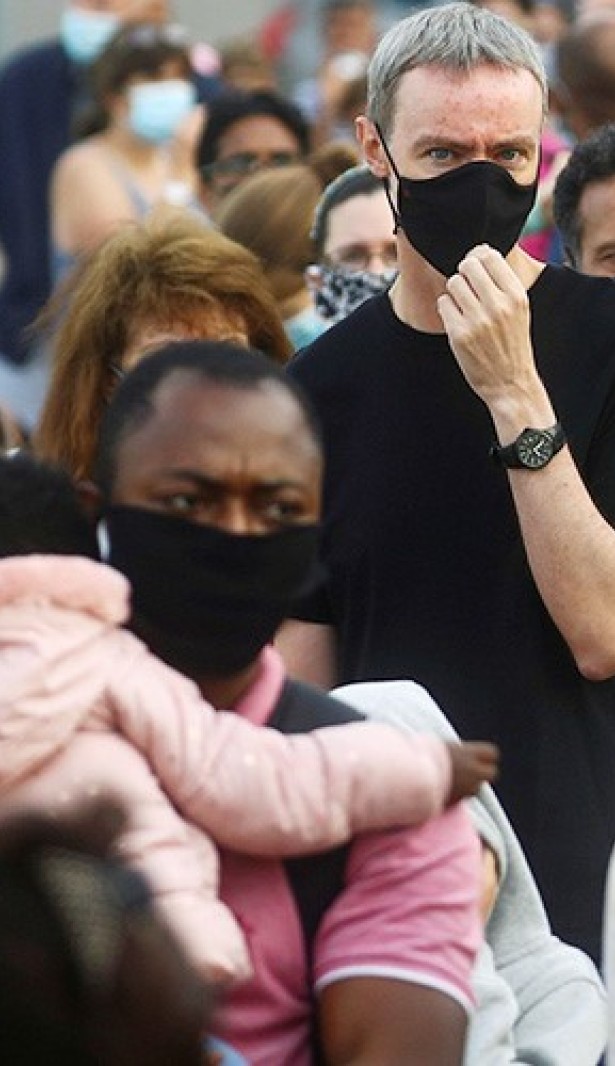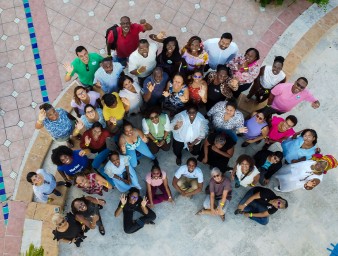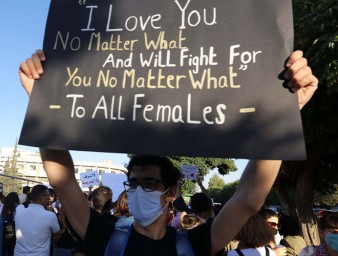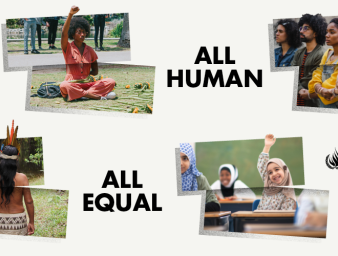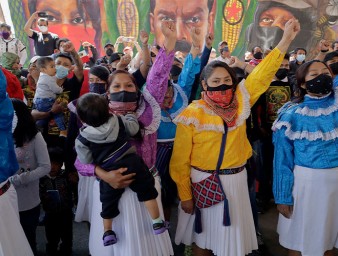Expert: COVID-19 exposure is exposure to hazardous substances
13 October 2020
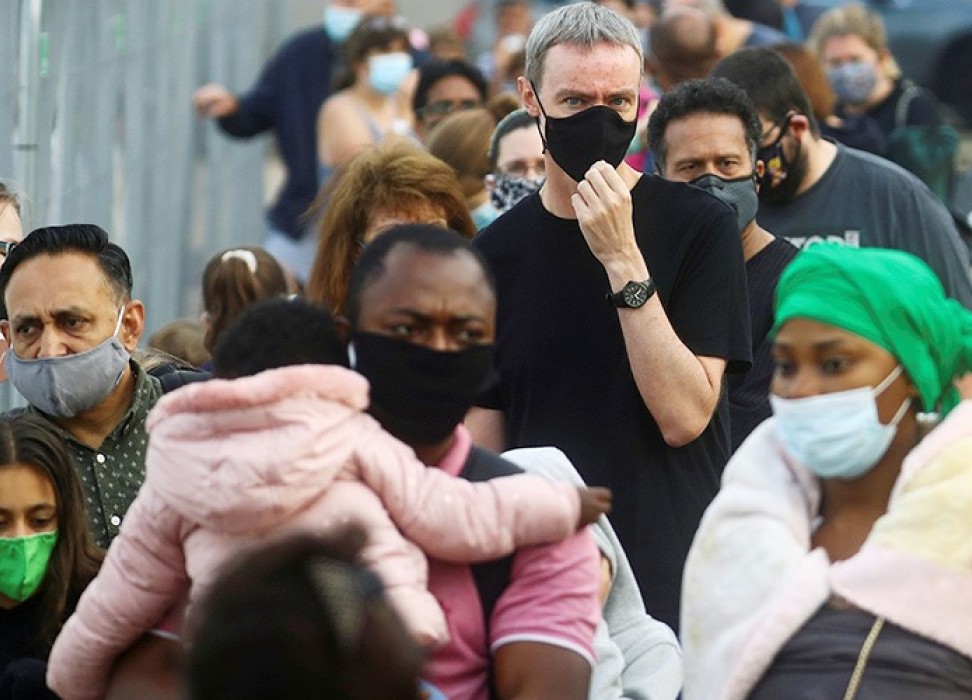
"The COVID-19 pandemic serves as a microscope of existing patterns of vulnerability, inequality and discrimination," said Marcos Orellana, United Nations Special Rapporteur on human rights and hazardous substances and wastes. "Environmental degradation, climate change, and land use changes are key factors in the emergence of COVID-19."
Orellana, who is new to the mandate, made his statement in the presentation of a thematic report during the Human Rights Council. The report, by his predecessor Baskut Tuncak, looks at how States' duties to prevent exposure to toxins to their citizens extends to exposure to a virus like COVID-19.
"Everyone has a right to be protected from exposure to hazardous substances and environmental pollution," he said. "Exposure to COVID-19 is no exception. Every human being is essential."
The report documents how States' duty to prevent exposure to viruses, like COVID-19, is underpinned by national and international recognition of the rights to life, bodily integrity, safe and healthy working conditions and a healthy environment, among others. The report also highlights collective failure to stop the virus from turning into the catastrophic pandemic it is today.
"A pandemic of this magnitude was preventable," the report states. "The failure from heads of governments place economic or political interests before national health concerns."
Orellana said that while there was some good practice including preventative measures, and access to health for all, numerous States created situations where the most marginalized and vulnerable communities had the greatest risk of death from COVID-19.
"States allowed exposure among populations in the face of unquestionable danger," he told the Council. "Some States even went as far as to silence doctors, scientists and other activists who were warning about the spread and proportion of the pandemic."
The pandemic has also brought into sharp relief just how linked we all are, Orellana said. A weakness in any country is a threat to all.
"The COVID-19 crisis should reinforce the fact that our interconnected world requires global-level crisis management, multilateralism and strong international cooperation and solidarity," Orellana said.
13 October 2020
